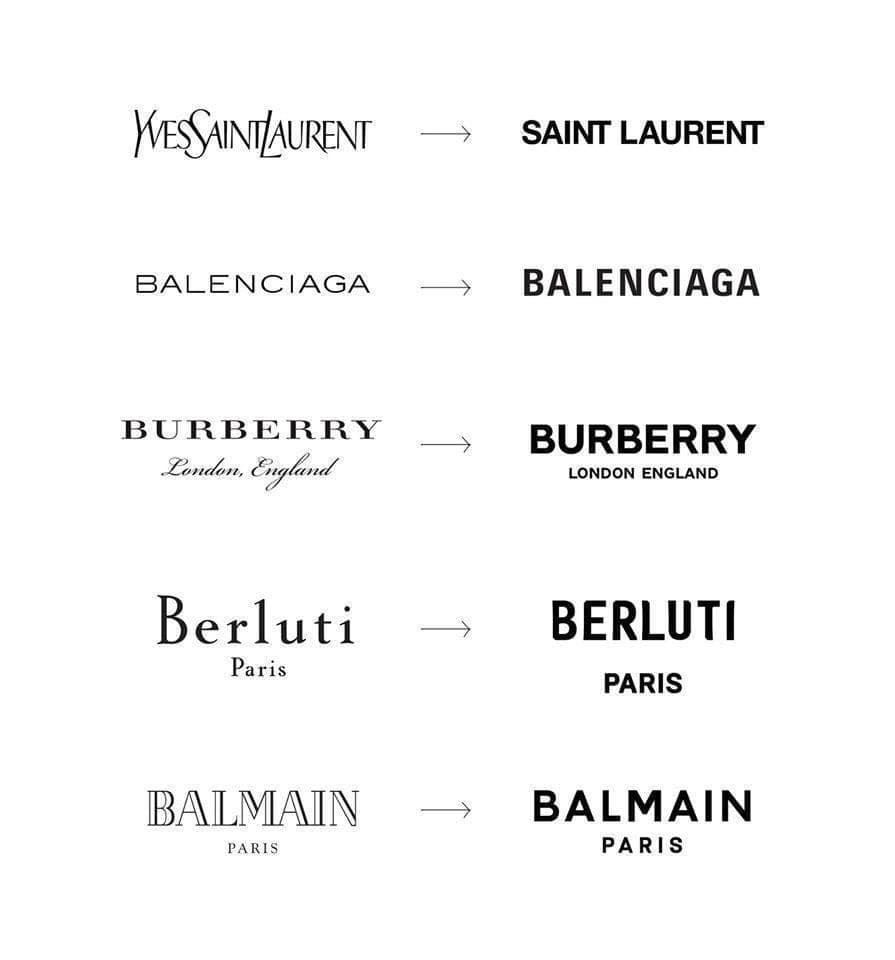
Ari Dyckovsky
@adyckovsky
PhD candidate @Princeton researching collective psychology of online networks • he/him
ID: 2240302784
https://aridyckovsky.com 11-12-2013 06:29:57
2,2K Tweet
1,1K Followers
458 Following

Me: I can’t believe Uncle Sam is taxing my The Nobel Prize. Not taxable in most other countries… 18-year-old: Hasn’t Uncle Sam funded a big chunk of your research? Me: 😑


Remember when they were trying to figure out why there was a giant drop in crime like 30 years ago and they tried to say it was due to better policing… And then the Freakonomics dudes figured out it’s because an entire generation wasn’t forced to give birth to unwanted kids.


The actual value of defi is creating a market for promises. A clever and provocative essay by Johnny 🍌Bananas🍌. As someone who is mostly a crypto-skeptic, it moved my priors. anthonyleezhang.substack.com/p/the-market-f…

"Wired for Connection: How Our Brains Create Communities" I was on a great panel at The Aspen Institute #AspenIdeas focused on how to harness the full potential of teams, groups, and organizations with Charles Duhigg + Annie Murphy Paul You can watch it here: aspenideas.org/sessions/wired…









AI journalism has a hype problem. To move past the cycle of reacting to each story, Sayash Kapoor and I analyzed over 50 pieces from 5 prominent outlets. We've compiled a list of recurring pitfalls that readers should watch out for and journalists should avoid. aisnakeoil.substack.com/p/eighteen-pit…





